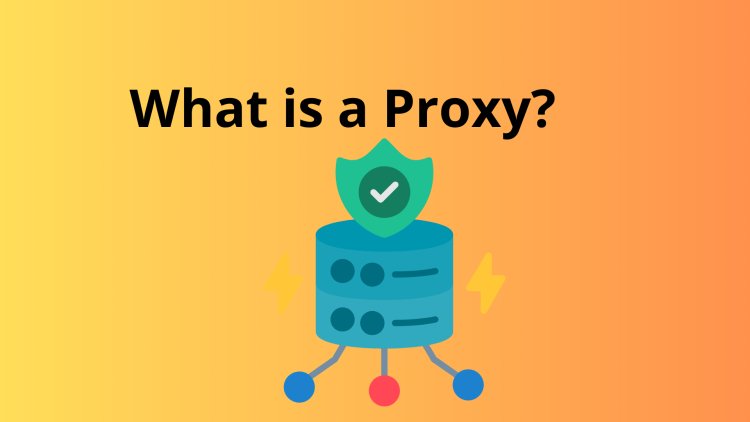What is a Proxy? Understanding the Different Types of Proxies
Discover the different types of proxies, their functions, and how they enhance online privacy, security, and performance. Learn more now.

A proxy is an intermediary server that acts as a gateway between a user and the internet. It is used to route requests and responses, providing added functionality, privacy, and security. Proxies are commonly used to enhance anonymity, improve performance, bypass geographical restrictions, or filter web content.
Types of Proxies:
-
Forward Proxy
- Acts as an intermediary between the client (e.g., your computer) and the internet.
- Commonly used to filter requests, cache data, or restrict access to certain websites.
- Example: A corporate proxy that prevents employees from accessing social media during work hours.
-
Reverse Proxy
- Sits in front of servers and forwards client requests to those servers.
- Often used for load balancing, protecting servers from direct access, or caching content to improve website performance.
- Example: A CDN (Content Delivery Network) like Cloudflare.
-
Transparent Proxy
- Intercepts requests without modifying them or hiding the user’s identity.
- Often used by businesses or ISPs to monitor traffic or enforce content restrictions.
- Pros: Easy to deploy.
- Cons: No privacy benefits for the user.
-
Anonymous Proxy
- Hides the user’s IP address and identity but reveals that a proxy is being used.
- Provides moderate privacy.
- Example: Used to bypass location-based restrictions or maintain anonymity.
-
High Anonymity Proxy (Elite Proxy)
- Completely hides the user’s IP address and does not reveal the use of a proxy.
- Provides the highest level of anonymity.
- Ideal for secure and private browsing or accessing restricted content.
-
Residential Proxy
- Routes requests through IP addresses assigned to real devices by ISPs.
- Mimics genuine user activity, reducing the risk of detection and bans.
- Used for tasks like web scraping, market research, and bypassing geo-blocks.
-
Datacenter Proxy
- Operates via servers in data centers rather than residential devices.
- Faster and cheaper than residential proxies but more likely to be detected.
- Often used for bulk activities like web scraping.
-
SOCKS Proxy
- A versatile type of proxy that handles various types of traffic, such as HTTP, FTP, and torrents.
- Offers better performance but doesn’t encrypt data by default.
- Used for applications that require diverse traffic types.
-
HTTP Proxy
- Specifically designed for handling HTTP/HTTPS traffic.
- Useful for web browsing, caching, or filtering content.
- Limited to web-related activities.
-
Rotating Proxy
- Automatically changes the IP address for each request or after a set time.
- Ideal for web scraping, avoiding bans, and maintaining anonymity.
Benefits of Using a Proxy:
- Anonymity: Masks your real IP address, enhancing privacy.
- Security: Protects against malicious websites and attackers.
- Access Control: Allows organizations to enforce browsing restrictions.
- Performance: Caches data to improve load times and reduce bandwidth usage.
Understanding the right type of proxy for your needs ensures better privacy, security, and functionality in online activities.



















